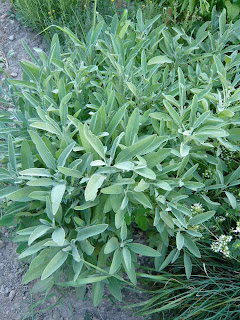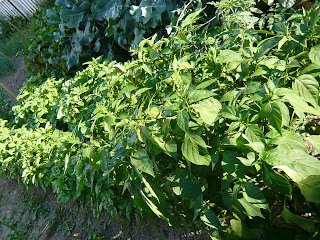
The other night I attended a talk given by Nicole Foss, who writes under the name "Stoneleigh" on the website The Automatic Earth.
Prior to the event, many of us were sent a document with a glimpse of what to expect:
"Natural resource limits (peak oil) and the collapse of global Ponzi are a "perfect storm" of converging phenomena that threaten to trigger wealth destruction, social discontent and global conflict. Nicole plans to discuss the many converging factors that are contributing to the predicament we face today and how individuals can build a "lifeboat" to cope with the difficult years ahead.
Nicole will argue that the current credit bubble has developed in the context of the fossil fuel age, which will prove to be a relatively brief period of human history. We have already seen oil reach a global production peak and other fossil fuels are not far behind, she says. While there is still plenty of fossil fuel in the ground, production will fall, meaning that there will be less and less energy available to power the economy at prices we can afford to pay."
I have to be honest and say that a lot of what was discussed was quite a bit over my head with respect to economics. I consider myself to be a reasonably educated individual who stays up to date with current events, however this was quite an academic talk and I would hazard a guess that anyone without a background in economics was as lost as I was during certain sections of the talk.
I also had to step out after an hour to attend another event, so I am not sure how much more I missed or if there was a Q & A portion, but that would have been very valuable so I look forward to finding out if Ms. Foss opened up the floor for questioning.
Some interesting facts I learned:
- A cubic mile of oil is equal to 50 years of production from 91,250,000 2.1 kW solar PV installations
- With respect to production, oil once had a ratio of 100 to 1; now it's 10 to 1 (put 1 barrel of oil into production and get 100 barrels back, or 10 in this case.)
- In order to be truly sustainable, we'd have to use windmill and solar power to create windmills and solar panels and we're not there yet. We're still very reliant on fossil fuels to create these alternative energy sources.
Foss also talked about credit, inflation, deflation, interest rates, market crashes, renting vs. buying in real estate and job markets.
Coming out of this talk I felt even more confused and deflated myself about alternative energy and the financial situation of our world. It is unfortunate that a "green" talk such as this would not be a bit more accessible and slightly more engaging. I got the feeling that she was "preaching to the converted", but what if people in the crowd were those who never pay attention to environmental issues? I think they would feel even more overwhelmed and alienated.
I don't know about you, but I think there's room for truth-telling, fact-giving talks about the environment that are positive, interactive and educational! What do you think?














